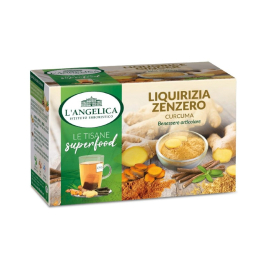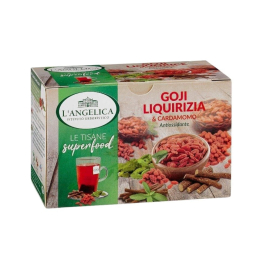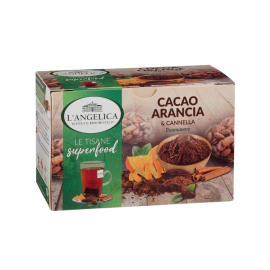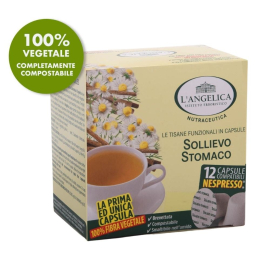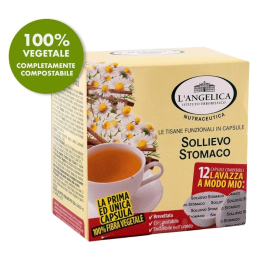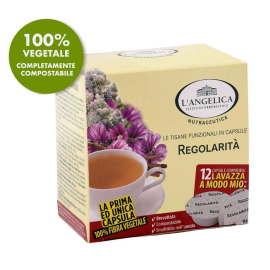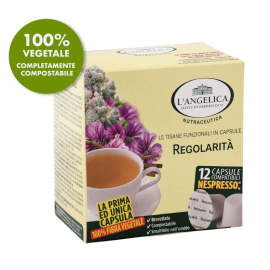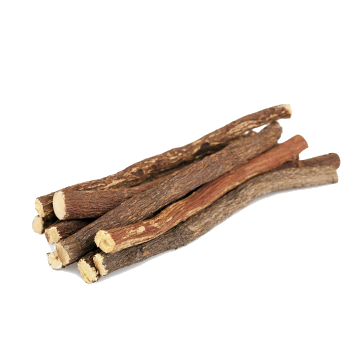FREE SHIPPING FROM 35 €
Search
Natural Ingredients
Liquorice
Helps the digestive system, stimulates the fluidity of bronchial secretions and joint function.
Long since known as a thirst-quencher, flavouring and sweetener, the plant is considered to have an efficient antitussive, expectorant with secretolytic and secretomotor action to be used in the treatment of a catarrhal type of the upper airways. Another important field of application of the plant is in the treatment of gastritis, ulcer gastro-duodenal, where, in addition to accelerating the cicatrisation, it is extremely efficient in prophylaxis. The active ingredient is represented by glycyrrhizin which for hydrolysis frees the two particles of D-glucuronic acid and a particle of glycyrrhetinic acid. The anti-inflammatory action of glycyrrhetinic acid has been demonstrated by numerous experimental models. It is acknowledged that such triterpene acts indirectly by enhancing corticoids. This enzyme in the human liver plays an important role in the regulation of cortisone and aldosterone metabolism. It would therefore result in a slowing of the catabolism of endogenous corticosteroids and elongation of half-life plasma cortisol and aldosterone. It is actually noted that the antiulcer properties of glycyrrhizic acid, and those of other components, prove to strengthen one another, thus underlining the effectiveness of the phytocomplex. Glycyrrhizin, as noted by Bruneton, is the subject of ongoing studies which have not failed to point out, at least in vitro and in animal models, how this ingredient, which also has antiviral (likely in the induction and stimulation of interferon production), immunostimulant, antibacterial, antihepatotoxic actions, is devoid of teratogenic, mutagenic or carcinogenic. Externally the plant is used as an analgesic in oral cavity affections, in conjunctivitis (lukewarm infusion 5%). Glycyrrhetinic acid is found in the formulation of numerous preparations suitable to solve or mitigate irritative, ulcerative and allergic epidermis disorders and accessible mucous (dermatitis, eczema, psoriasis etc.).
I nutraceutici
- 2-15% triterpenoid saponins (glycyrrhizin (salts of glycyrrhizic acid - precursor of glycyrrhetinic acid:
- 13 to 28.5%) *
- 25-30% starch; 3-10% D-glucose and sucrose; mannitol; a bitter principle - flavonoids (liquiritin) and isoflavones
At high doses the mineralocorticoid effect can cause water and sodium retention with consequent increase in blood pressure. Therefore, people with hypertension and under cardiac therapy must pay attention (you can refer to the article that we will create in which we will explain the rules for which certain indications in certain cases are inserted).
A beverage prepared by soaking liquorice with a small amount of coriander (coco) in water was very well-known for its refreshing qualities.
Digestive system function. Fluidity of bronchial secretions. Nose and throat well-being. Joint function.


